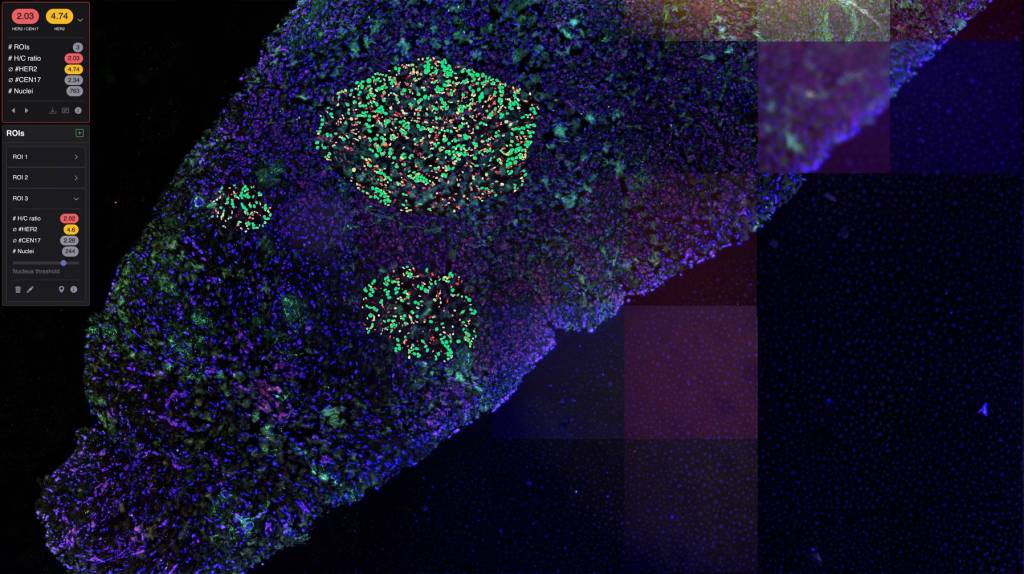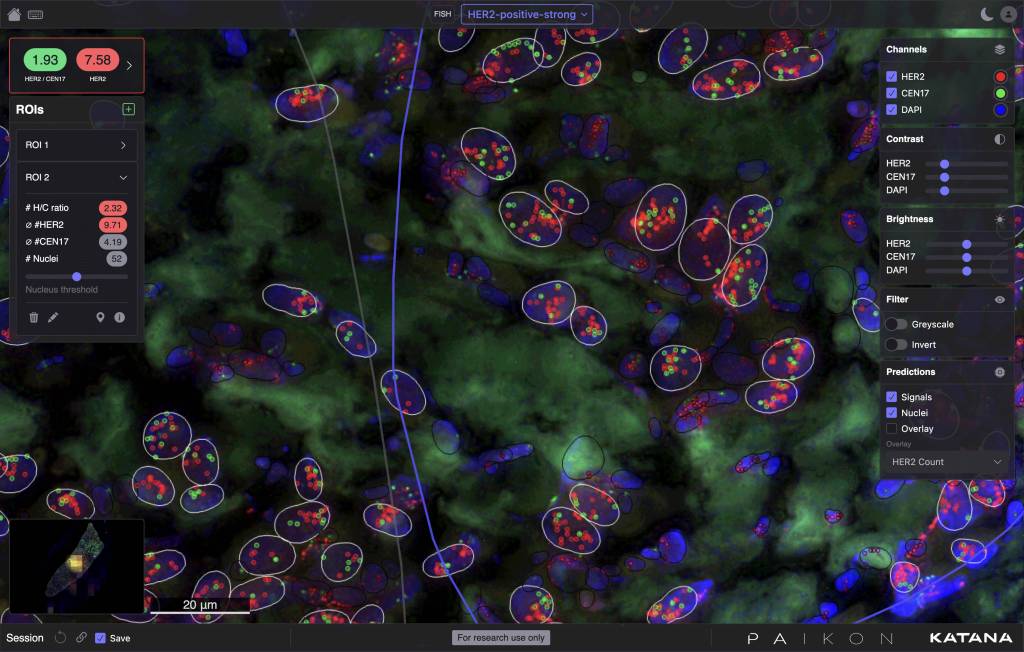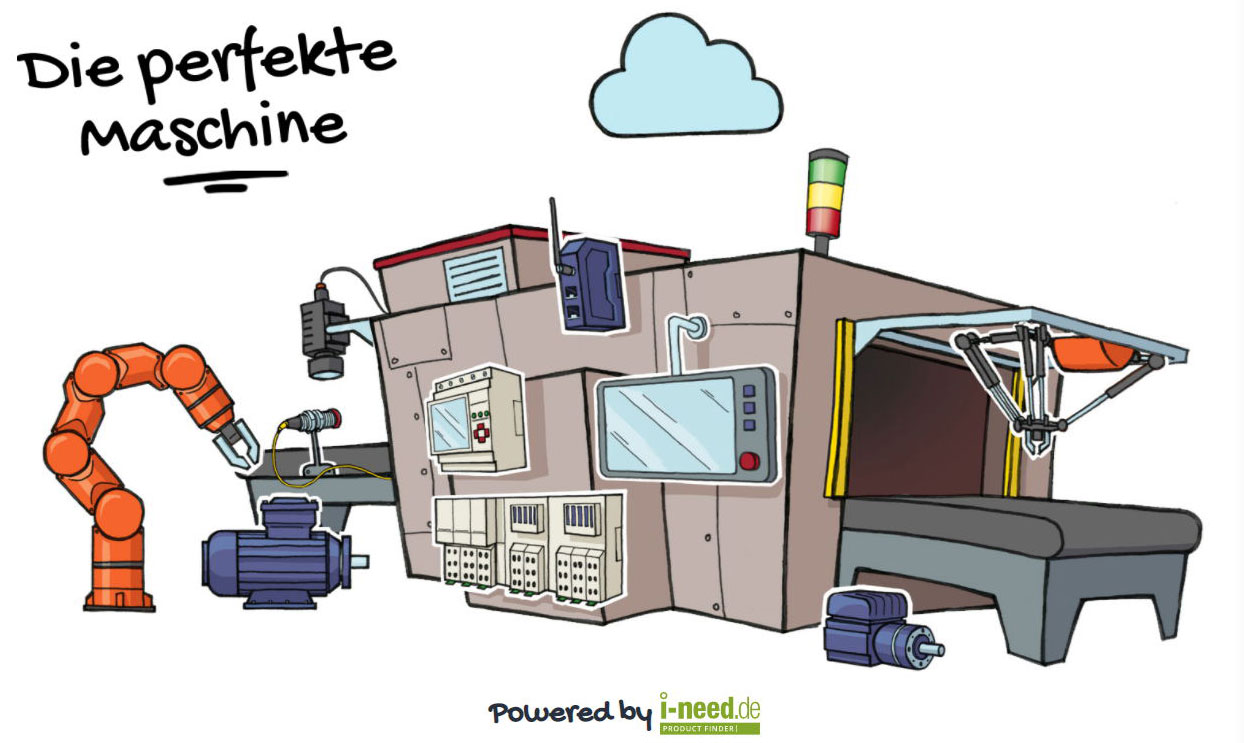
Histopathology, the microscopic examination of cancer tissues to study the manifestations of a cancer disease, is crucial in diagnosis and treatment planning. Traditional histopathological analysis is labor-intensive and time-consuming, requiring pathologists to manually examine tissue samples to identify abnormalities, classify tumors, and determine the extent of disease. With the increasing volume of cancer cases worldwide, pathologists are under immense pressure, which may lead to potential delays and potential bias in diagnosis. This not only affects patient outcomes but also strains healthcare systems. The need for more efficient, accurate, and faster diagnostic methods is urgent.
AI assistance offers a transformative and disruptive solution to these challenges. AI-driven tools can automate many aspects of histopathological cancer tissue analysis, significantly enhancing speed and accuracy. These tools can quickly analyze large volumes of data, identify patterns, and classify tissues with high precision. AI can process and analyze certain tissue samples much faster than humans, reducing the time required for diagnosis. This might be crucial for timely treatment decisions, especially in aggressive cancers where early intervention is critical. AI algorithms may also detect subtle patterns and anomalies in tissue samples that may be missed by the human eye. This can lead to more accurate diagnoses and better classification of cancer types, which is essential for effective treatment planning. AI tools can handle routine and repetitive tasks, allowing pathologists to focus on more complex and critical aspects of diagnosis. This not only improves pathology lab efficiency but also enhances diagnostics‘ overall quality.

AI assistance tools for histopathology tissue analysis
Katana Labs focuses on AI-driven software solutions for precise cancer tissue analysis. Their product Paikon, a browser-based digital microscope with cloud and AI integration, addresses this increasing demand for accurate cancer diagnostics amidst a rising global incidence of cancer. To gain a comprehensive understanding of cancer tissue, it is essential to analyze it at both the cellular level and the subcellular level, including nuclei and gene signals. Therefore, the system classifies and analyzes tumor tissues quickly and accurately. It evaluates cells, nuclei, and genetic signals from tumor tissues within seconds. For instance, while pathologists can perform detailed analyses, such as gene signal identification and counting, on approximately 50 nuclei in about half an hour, Paikon can analyze up to 100,000 or more nuclei in just seconds. Understanding the cellular and subcellular levels is also crucial for decoding tumor biology and heterogeneity, which is essential for personalized diagnostic and therapeutic approaches.
Katana Labs operates on a Software as a Service (SaaS) model, offering Paikon as a white-labeled solution to companies on the pathology market. Offering their technology as a white-label solution caters to the specific needs of business partners, including manufacturers of microscopes, scanners, and staining chemicals, broadening their market reach. This approach scales the company customer base rapidly and integrates seamlessly into diagnostic workflows.
Summary
The integration of AI-driven tools in histopathology is proving to be a game-changer in cancer diagnostics. By automating and expediting tissue analysis, these technologies address the urgent need for more efficient and accurate diagnostic methods amidst a global rise in cancer cases and a shortage of pathologists. The Paikon system, exemplifies the potential of AI to enhance diagnostic precision and efficiency, providing timely and reliable results that are crucial for effective treatment planning. Katana Labs SaaS model and white-label solutions further extend the accessibility and applicability of the technology across various sectors in digital pathology. Overall, AI-assisted diagnostics promise to significantly improve patient outcomes and healthcare system sustainability.
katana-labs.com
